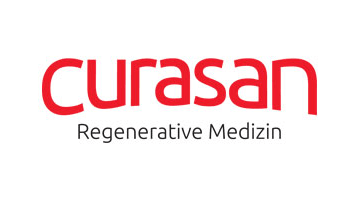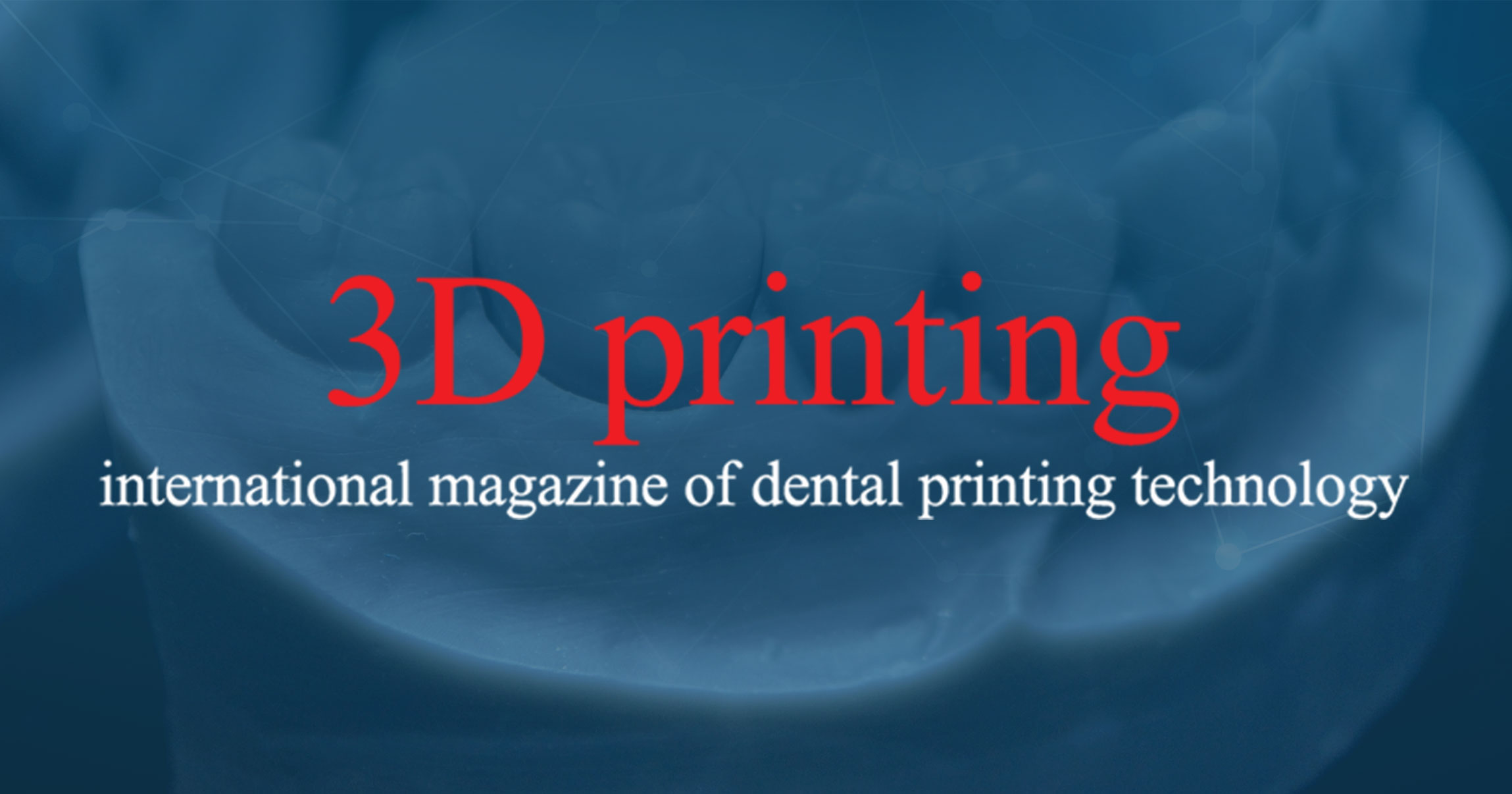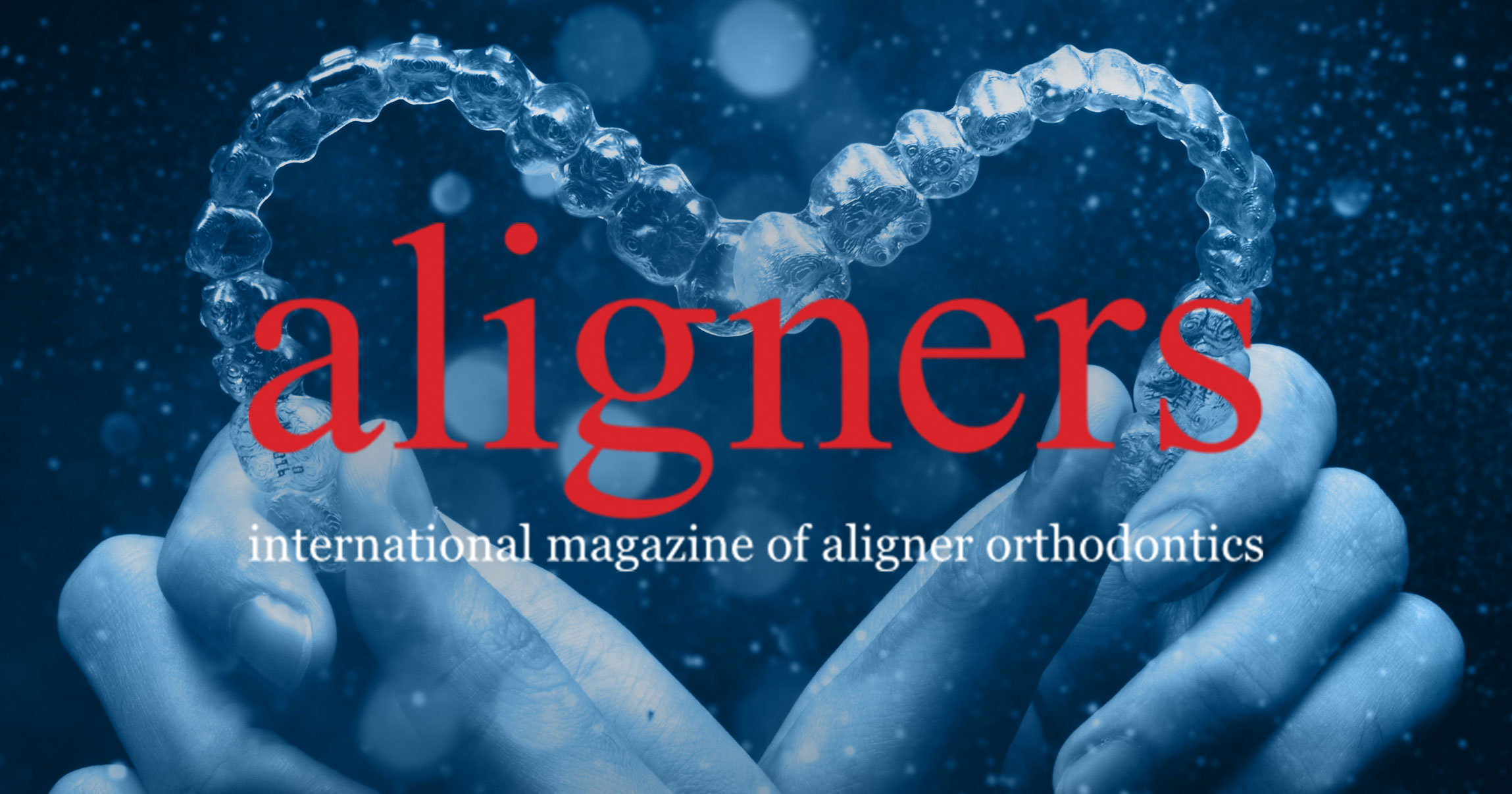Barbara Derham is always smiling. She has over 25 years of experience as a dental hygienist, having worked in private practice in the UK and Ireland. In Ireland and internationally, she is an established iTOP (individually trained oral prophylaxis) instructor. Also, as a past President of the Irish Dental Hygienists’ Association (IDHA), she represents Irish dental hygienists around the world. However, never too busy to talk about her work, the importance of prevention and the advantages of iTOP, she spoke with Dental Tribune Online in an interview.
Dental Tribune Online: Ms Derham, could you please tell us more about your background and current work?
Barbara Derham: I am a dental hygienist and currently work in community dentistry specialising in children and adults with special needs. It has been 25 years since I qualified. Back then, dental hygienists were not legally permitted to work in Ireland. So I had to go to dental school in Scotland to train. After my graduation in 1990, I stayed in the UK for a year. Then came registration for dental hygienists in Ireland, so I moved back. I worked in private practice for a number of years and then community dentistry opened up for dental hygienists. I have remained there ever since. Working full time initially, but two days a week currently, teaching iTOP a number of times a year, contributing to the IDHA and having three school-going children, my weeks are kept busy. Within the association, we strive to promote the study of oral health. I have a great deal of work to do and enjoy it every day.
Do you like working with children?
As I have been working with children for over 20 years, I would have to like it! Children are great because they are very honest even when their answers are not the ones I would like to hear. When one asks them about their daily toothbrushing, they typically say “maybe every day”. They are also more open to new ideas, while their parents may be more resistant to change. One can teach them really quickly. I use a great deal of plaque-disclosing solution. It is the perfect teaching tool for both patients and parents or carers. I start with touch to teach and practice good toothbrush position. They pick up the technique really quickly. They are lovely to work with. Special needs children and adults bring challenges to both oral treatment and hygiene. Sometimes one has to think outside the box to fit oral hygiene into carers’ busy days. Mornings often bring early starts for children accessing transport and evenings can mean time given to medication delivery. Working with each individual to develop a tailored oral hygiene programme can take time and patience, but brings very satisfying results.
When did you start working with iTOP?
Three years ago, I met CURAPROX at the International Symposium on Dental Hygiene in South Africa and they suggested that I come to the UK and attend a course. I loved it right away. Two weeks later, I was in Prague in the Czech Republic doing the teachers’ course and then came back to Ireland. Since 2014, we have offered iTOP courses in Ireland. We have run a number of courses so far and the response has been really good. I still meet colleagues who speak enthusiastically about it. They understand the benefits and want to attend again to re-experience the feeling of the brushes.
Usually, I ask them to brush their teeth first and then we assess their pressure. When I brush their teeth, they feel the difference. I take their hand and suddenly, they get it. Once one starts thinking about brushing, one experiences a change. Some of the teaching suggestions through iTOP have been great. I especially enjoy suggesting to patients that they try brushing in the dark. It feels so different. One starts to develop mindful toothbrushing.
You have also been an instructor at the iTOP for Students events in Prague, which take place twice a year. How have you experienced working with students?
I love working with students. At first, they can be resistant, but if one perseveres, one sees the change. The beauty of the iTOP events in Prague is that the groups are so small. With only six people, one can teach them individually. They then understand the value of teaching their patients before picking up the scaler. We are all clinicians first. One is taught to use a scaler, but it is much harder to properly use a toothbrush. Toothbrush first, cleaning after.
What is the current status of dental hygienists in Ireland in your opinion?
The situation has improved. A few years ago, we had a difficult time because the tax situation changed. Traditionally, dental hygienists were seen as self-employed, but a recent change by the revenue commissioners has made many employees. This may seem a small change, but it brought a period of uncertainty for both dentists and dental hygienists, particularly those working in multiple locations. The economic climate was poor for a number of years, but now the Celtic Tiger has begun to move again. There is an interest in dental hygiene and patients are motivated to come back. We have also established a good relationship with the Irish Dental Association. We are a small country and need to work together. We do have good relationships and they do support us.
Do dentists listen to dental hygienists?
For the first time this year, I worked at a trade stand for CURAPROX in Ireland at a dental conference. All of the dentists I met had dental hygienists. They wanted to take our samples back to their practice and inform their hygienists about CURAPROX and the iTOP courses. I think they have embraced dental hygiene completely. In Ireland, dental hygienists fulfil typical duties, such as cleaning and polishing teeth, providing supra- and subgingival scaling, applying appropriate prophylaxis and educating about oral health. Dentists refer their patients to us after an initial examination and propose the treatment. Thus, we have to work together and adopt a team approach to our patients.
Will there be a shift towards prevention?
I would like to see more public funding given to preventative treatment and initiatives. We have experienced some cuts in funding lately. The new government will continue to look at the possibilities. There is a great deal of work to do with regard to prevention, but we keep pushing. We try to make a difference with every single patient that comes through the door. On an association level, the IDHA continues to work with government and fellow dental associations to improve the oral health of the Irish population.
Cleaning is key
Completely disinfecting the canal system is challenging when all factors are considered. If we are looking at the nano level there are approximately 76,000 ...



 Albania / Albania
Albania / Albania
 Austria / Österreich
Austria / Österreich
 Bosnia and Herzegovina / Босна и Херцеговина
Bosnia and Herzegovina / Босна и Херцеговина
 Bulgaria / България
Bulgaria / България
 Croatia / Hrvatska
Croatia / Hrvatska
 Czech Republic & Slovakia / Česká republika & Slovensko
Czech Republic & Slovakia / Česká republika & Slovensko
 Finland / Suomi
Finland / Suomi
 France / France
France / France
 Germany / Deutschland
Germany / Deutschland
 Greece / ΕΛΛΑΔΑ
Greece / ΕΛΛΑΔΑ
 Italy / Italia
Italy / Italia
 Netherlands / Nederland
Netherlands / Nederland
 Nordic / Nordic
Nordic / Nordic
 Poland / Polska
Poland / Polska
 Portugal / Portugal
Portugal / Portugal
 Romania & Moldova / România & Moldova
Romania & Moldova / România & Moldova
 Slovenia / Slovenija
Slovenia / Slovenija
 Serbia & Montenegro / Србија и Црна Гора
Serbia & Montenegro / Србија и Црна Гора
 Spain / España
Spain / España
 Switzerland / Schweiz
Switzerland / Schweiz
 Turkey / Türkiye
Turkey / Türkiye
 UK & Ireland / UK & Ireland
UK & Ireland / UK & Ireland
 International / International
International / International
 Brazil / Brasil
Brazil / Brasil
 Canada / Canada
Canada / Canada
 Latin America / Latinoamérica
Latin America / Latinoamérica
 USA / USA
USA / USA
 China / 中国
China / 中国
 India / भारत गणराज्य
India / भारत गणराज्य
 Japan / 日本
Japan / 日本
 Pakistan / Pākistān
Pakistan / Pākistān
 Vietnam / Việt Nam
Vietnam / Việt Nam
 ASEAN / ASEAN
ASEAN / ASEAN
 Israel / מְדִינַת יִשְׂרָאֵל
Israel / מְדִינַת יִשְׂרָאֵל
 Algeria / الجزائر
Algeria / الجزائر
 Middle East / Middle East
Middle East / Middle East
:sharpen(level=0):output(format=jpeg)/up/dt/2023/03/It-is-the-combination-of-the-many-improvements-in-detail-that-are-advancing-implant-dentistry-today.jpg)
:sharpen(level=0):output(format=jpeg)/up/dt/2023/03/Shutterstock_1196509228.jpg)
:sharpen(level=0):output(format=jpeg)/up/dt/2023/03/Evolving-your-business-systems-into-2023-and-beyond%E2%80%94Part-2-Marketing.jpg)
:sharpen(level=0):output(format=jpeg)/up/dt/2023/03/Shutterstock_2217304187.jpg)
:sharpen(level=0):output(format=jpeg)/up/dt/2023/03/Shutterstock_1143192047-1.jpg)





:sharpen(level=0):output(format=png)/up/dt/2010/06/DirectaDentalGroup_2021_new_a.png)
:sharpen(level=0):output(format=png)/up/dt/2022/01/HASSBIO_Logo_horizontal.png)
:sharpen(level=0):output(format=png)/up/dt/2022/01/Ivoclar_Logo_19-01-2022.png)
:sharpen(level=0):output(format=png)/up/dt/2022/10/DMP-logo-2020_end.png)
:sharpen(level=0):output(format=png)/up/dt/2014/02/3shape.png)
:sharpen(level=0):output(format=png)/up/dt/2023/01/ClearCorrect_MainLogoV4.png)
:sharpen(level=0):output(format=jpeg)/up/dt/2022/11/DTUK0122_01_Title.jpg)
:sharpen(level=0):output(format=jpeg)/up/dt/e-papers/179783/1.jpg)
:sharpen(level=0):output(format=jpeg)/up/dt/e-papers/179781/1.jpg)
:sharpen(level=0):output(format=jpeg)/up/dt/e-papers/179779/1.jpg)
:sharpen(level=0):output(format=jpeg)/up/dt/e-papers/179777/1.jpg)
:sharpen(level=0):output(format=jpeg)/up/dt/e-papers/100205/1.jpg)
:sharpen(level=0):output(format=png)/up/dt/2023/03/IMP-Banner-Image-World-Summit-Athens.png)
:sharpen(level=0):output(format=jpeg)/up/dt/2023/03/corp-en-us-image-dsw23-homepage-teaser-stage.jpg)
:sharpen(level=0):output(format=jpeg)/up/dt/2017/01/0d5ff1ceb32151422312d8385df5c2b1.jpg)

:sharpen(level=0):output(format=jpeg)/up/dt/2023/03/It-is-the-combination-of-the-many-improvements-in-detail-that-are-advancing-implant-dentistry-today.jpg)
:sharpen(level=0):output(format=gif)/wp-content/themes/dt/images/no-user.gif)
:sharpen(level=0):output(format=jpeg)/up/dt/2018/10/DSC_0032.jpg)
:sharpen(level=0):output(format=jpeg)/up/dt/2017/12/shutterstock_690360631.jpg)
:sharpen(level=0):output(format=jpeg)/up/dt/2020/08/confidental_1188-x-668.jpg)
:sharpen(level=0):output(format=jpeg)/up/dt/2017/01/fd966bb914198b7d247a4d3baf4a06d9.jpg)
:sharpen(level=0):output(format=jpeg)/up/dt/2017/12/BL_233.jpg)
:sharpen(level=0):output(format=jpeg)/up/dt/2017/01/6b330f2a6e50b7ac92405bf391b180a6.jpg)
:sharpen(level=0):output(format=png)/up/dt/2017/01/59595238f186a140de1214e804fa2a81.png)
:sharpen(level=0):output(format=jpeg)/up/dt/2020/10/Fallow-time-calculator-launched-after-AGP-review.jpg)
:sharpen(level=0):output(format=jpeg)/up/dt/2017/09/prosecco-780.jpg)
:sharpen(level=0):output(format=jpeg)/up/dt/2017/01/4419d825241c9439fc1685d819a6ce1b.jpg)




:sharpen(level=0):output(format=jpeg)/up/dt/2023/03/It-is-the-combination-of-the-many-improvements-in-detail-that-are-advancing-implant-dentistry-today.jpg)
:sharpen(level=0):output(format=jpeg)/up/dt/2023/03/Shutterstock_1196509228.jpg)
:sharpen(level=0):output(format=jpeg)/up/dt/2023/03/Evolving-your-business-systems-into-2023-and-beyond%E2%80%94Part-2-Marketing.jpg)



